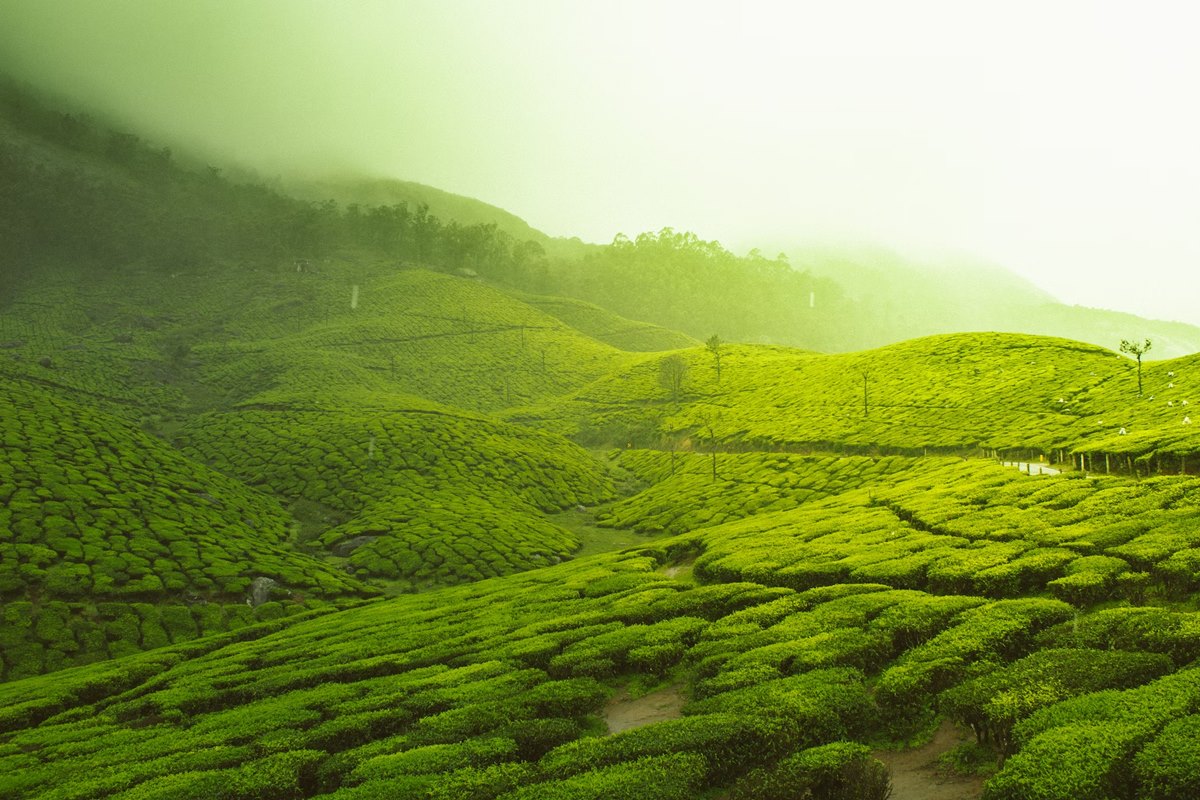Saving history through photographs
A photography exhibition, Bonedi Bari Photography Exhibition 2.0 started today at the Kolkata International Foundation in south Kolkata.
India’s tea production in the last 15 years has increased by 39 per cent.

Representation image
India’s tea production in the last 15 years has increased by 39 per cent. In 2008 the production was 981 million kg and in 2022 the production was a total of 1,366 million kg, said the president of Tea Association of India (TAI) Ajay Jalal. Addressing the 49th Biennial General Meeting held in Kolkata today, Mr Jalal said, “The production of Assam and north Bengal too has increased by 41 per cent and 78 per cent respectively in last 15 years.” Significantly, according to Mr Jalal, world tea production in 2022 was 6477 million kg vis-à-vis 6,449 million kg in 2021.
India continues to be the second largest producer. Interestingly, the production of tea in India till November 2023 is 1290.18 million kg, which is one per cent behind compared to 2022 for the corresponding period. The production may be at around 1365 million kg almost same as last year. On the other hand, Sri Lanka’s tea production has increased by 3.9 million kg during January to November in 2023 as compared to 2022.
Advertisement
But the production has increased by 34.76 million kg in Kenya during January to October 2023 as compared to last year. In the current year, India’s export till October 2023 is 182.69 million kg, which is 2 per cent less compared to last year. In the current year, India’s export till October 2023 is 182.69 million kg which is 2 per cent less compared to last year. During the current year, India’s import till October 2023 is 18.69 million kg which is 19 per cent less than the previous year.
Advertisement
India’s import from other countries in 2022 was 30 million kg against 27 million kg in 2021 and 24 million kg in 2020. The TAI president Mr Jalan said, “Tea prices remained stagnant over the years except in 2020 when buoyancy in prices was noted arising out of pandemic. The primary challenge we face is that tea prices have not kept pace with increasing costs. The situation is so dire that we fear a lack of future interest in the industry.”
Advertisement